Are Skin Types a Total Myth? We Asked Experts for the Tea

I always thought that having acne meant it was just my particular skin's "type," but now, I'm learning that there are so many different factors that can contribute to the condition of your skin—which may actually have nothing to do with genetics like I originally thought. At the top of the year, I decided to start taking things like gut health more seriously to see if it could be causing my skin issues. Studies show that there can be a link between the health of your digestive system and how often you're breaking out, so if you're also struggling, it's definitely worth looking into.
Gut health aside, experts think that your environment can play a big role in the health of your skin. If all this is the case, it raises a few questions for me. Are skin types a myth then? Do we all just experience environmental dryness and underlying health issues that contribute to the condition of our skin? I tapped a celebrity esthetician and dermatologist to weigh in on this. Keep scrolling for what they had to share.
Are skin types actually a myth?

Okay, saying that skin types are a myth might be a bit bold. While I think that there are definitely factors like genetics that play a role in how our skin behaves, I want to stress that underlying health imbalances and environmental factors can play an even bigger part than we realize. Like I mentioned above, I thought that there was nothing that could be done for my acne-prone skin, but that just wasn't true. I started taking gut health more seriously this year, and what do you know? My skin started to clear up!
Celebrity esthetician Angela Caglia also has a few things to say on the topic of skin types. "I think [the idea is] quite limiting," she says. "Our skin type can change with hormonal changes, stress, environmental changes, and lifestyle. This is why it's important to have a facialist who is an expert to guide you with the changes in your skin."
Board-certified dermatologist Lauren Penzi, MD, also weighs in. "This is difficult to say, as not all skin conditions are the same, but in general, most skin conditions are multifactorial, in that they are due to both innate factors as well as environmental factors. For example, acne is due to underlying factors like genetics [and] hormones but can also be impacted by environmental factors like hygiene, skincare products, pollution, etc.," she adds.
To sum up, the idea of skin types can be a bit limiting. It is possible to discover later on that your acne-prone skin was mostly due to underlying issues like gut health (guilty) or that your oily skin could actually be due to living in an extra-dry environment where your skin has been overcompensating by producing more oil. Although this may not always be the case, it's still important to look into these potential hidden factors, especially if it's something you've struggled with for a while.
What factors contribute to the health of our skin?

I asked both Caglia and Penzi to elaborate a bit more on what other factors (besides genetics) can contribute to the health of our skin. Caglia sees the skin as a reflection of what's going on internally. "The skin is your largest organ and a barometer for a lot of internal issues too," she explains. "If there is a sudden change with your skin, it's important to see your physician. Eczema, for example, can be a result of some blood pressure medications, so you'd want to test this and work with your doctor to find another. A lot of skin conditions are a result of stress as well."
As noted above, your environment can play a big role in how your skin reacts to things. Penzi says, "[Your] environment can impact [your] skin in many ways, both positive and negative. The climate in which you live can definitely change your skin. For example, cold, low-humidity environments can lead to dry, flaky skin and can potentially impair the skin barrier. UV exposure obviously has a known impact on skin health, with too much exposure leading to sunburn, photoaging, and [an] increased risk for skin cancer. Aerosolized pollutants like chemicals and dust can also cause irritation." Caglia also explains what can happen if your skin is taken out of its element: "If you are in a climate your skin is not used to, it may react differently. For example, humidity and heat may not work with your current heavier skincare or makeup and cause you to break out."
If their explanations leave you wondering what seasonal adjustments you should make to your skincare routine, don't worry. Penzi and Caglia offered a bit of advice here too. It should be noted that this is general advice and may not work for every single person's skin needs, but it's a good place to start.
If you're dealing with combination skin that's dry during the winter and oily during the summer, Caglia says, "You'd want to change to oil-based products in the winter and heavier shea nut butter–type skincare and lighter water-based skincare in the summer." Penzi adds, "Wearing sunscreen (SPF 30+) daily obviously protects your skin from UV radiation. Wearing a moisturizer can provide a protective barrier on your skin to shield from environmental pollutants. Moisturizers with humectants like hyaluronic acid and glycerin can also help to retain moisture in the skin, which is necessary if you live in a cold, dry climate. On the flip side, those in high-humidity environments will want to use lightweight, oil-free products and will want to exfoliate to avoid sebum and dirt buildup in the pores."
For a few summer swaps that Caglia and Penzi recommend, keep on scrolling.
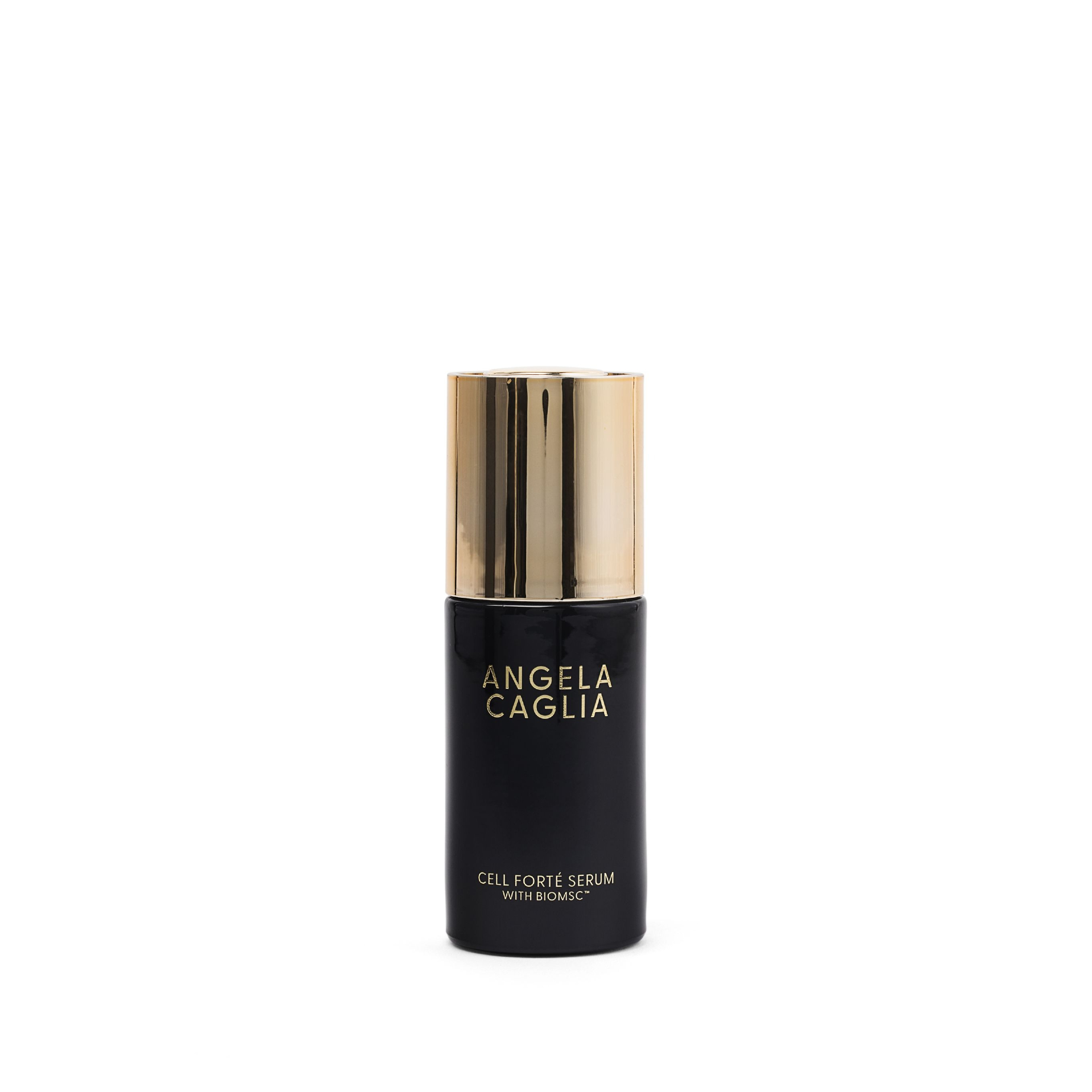
"My Cell Forté Serum, powered by human stem cell technology, is very lightweight and perfect for summer. It has snow mushroom and hyaluronic acid for added hydration. Studies show that the hero ingredient, mesenchymal stem cell conditioned media, helps prevent sun damage when applied under your sunscreen. It's made with thousands of real exosomes, growth factors, cytokines, and peptides." — Caglia
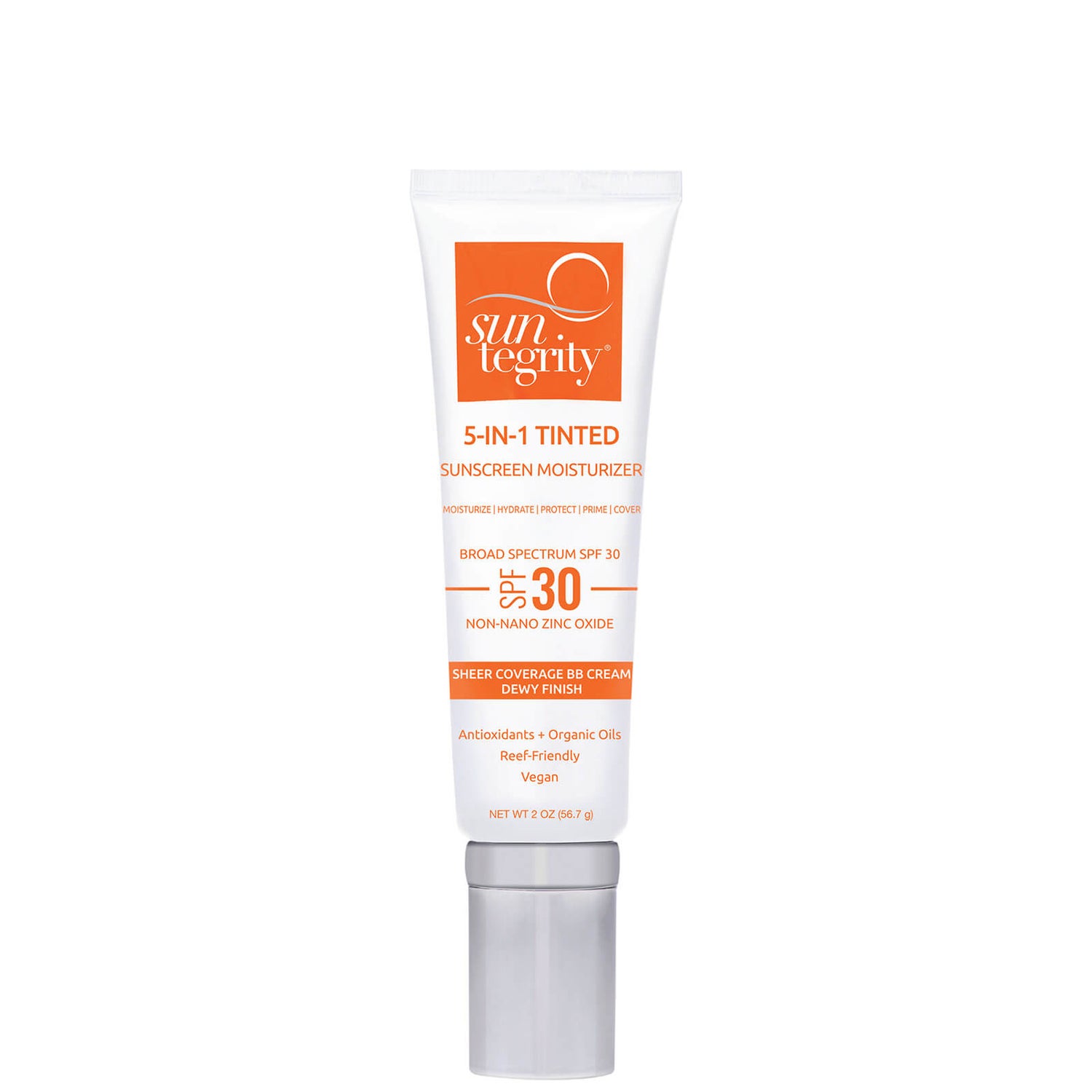
"I also love Suntegrity sunscreen for the face, as it's mineral based and comes in a slight tint." — Caglia
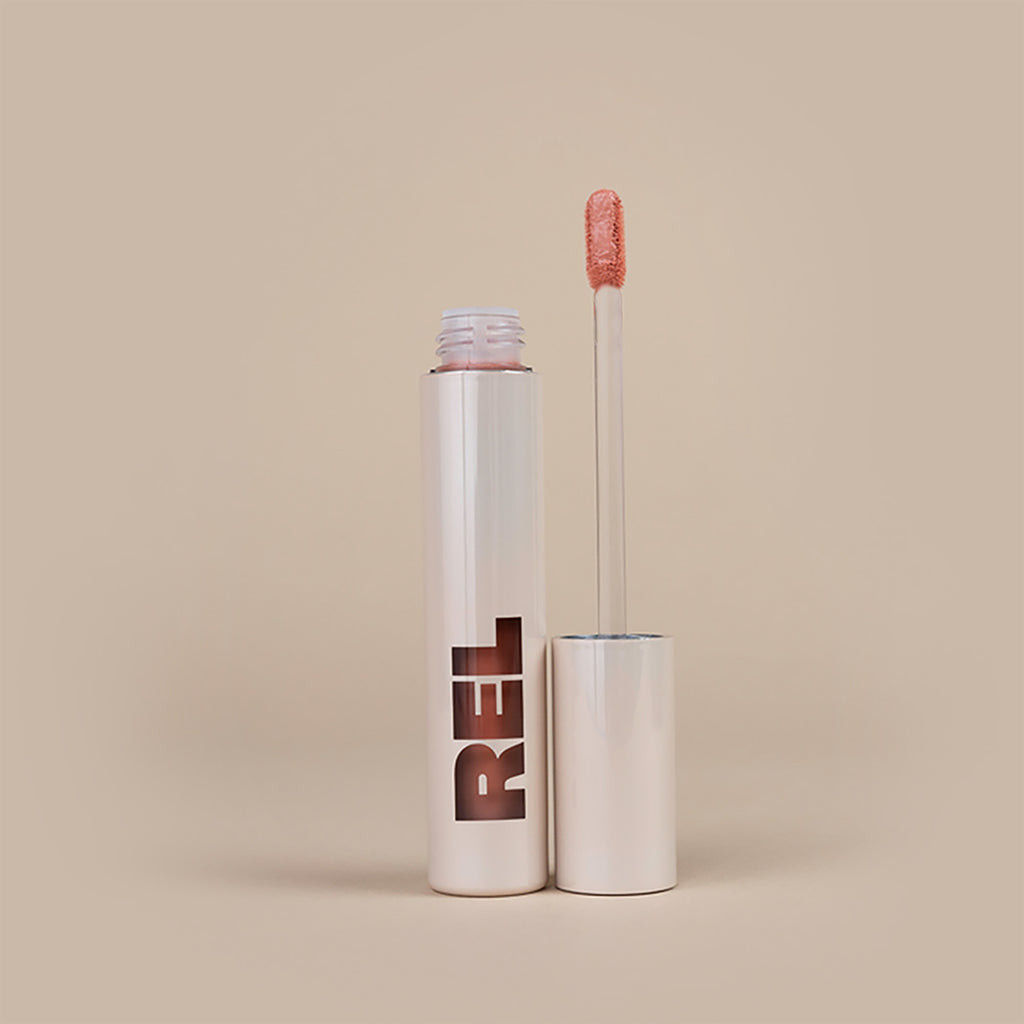
Like us, Caglia loves a multiuse product for summer.
"Rel Beauty [offers] my new favorite blush. [I also use it as a] lip balm, and I even apply on the eyelids. I like things very easy in the summer when getting ready. It's clean with great summer corals and peach shades." — Caglia
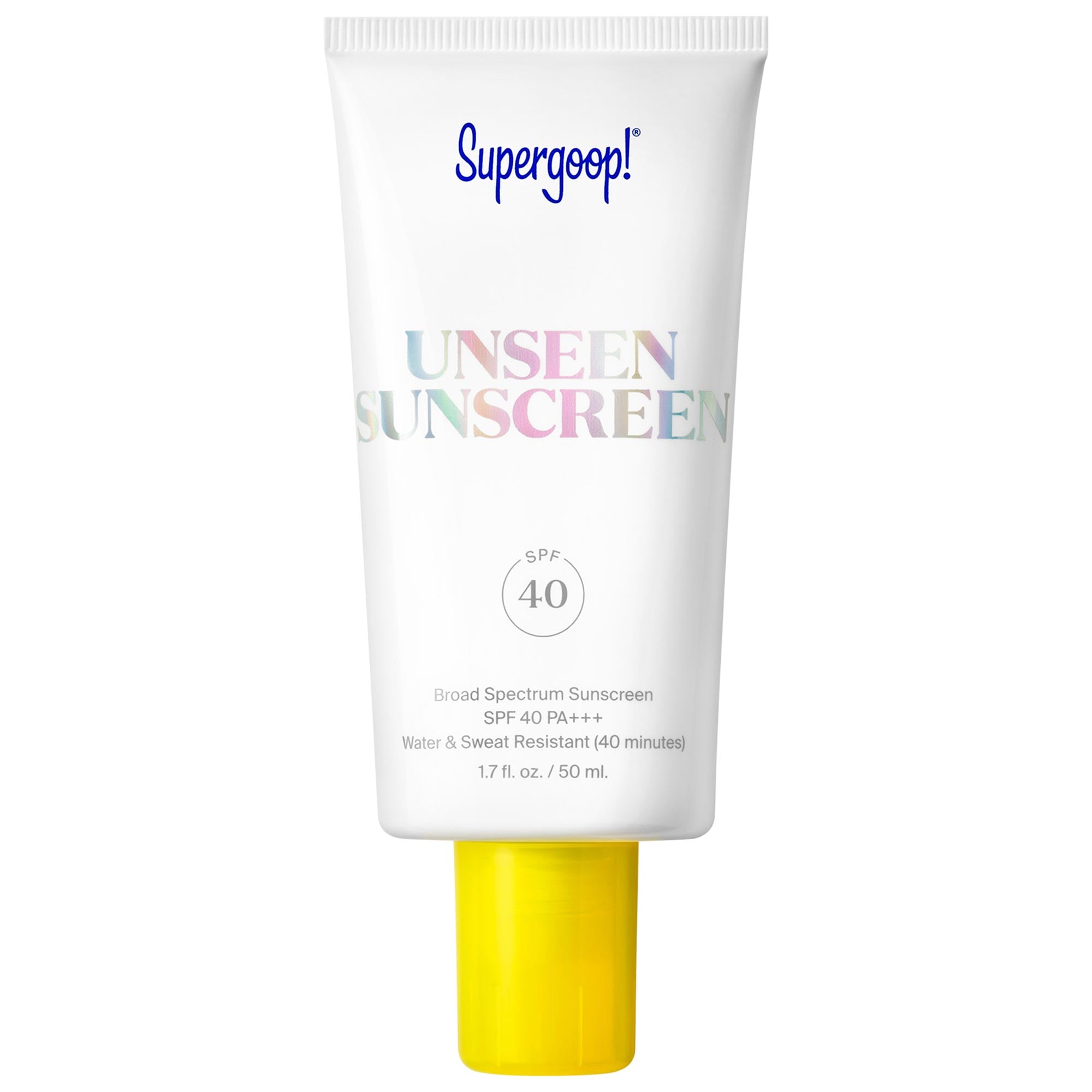
"[This is an] oil-free, antioxidant-rich formula. It is invisible, weightless, scentless, and also doubles as a makeup-gripping primer." — Penzi
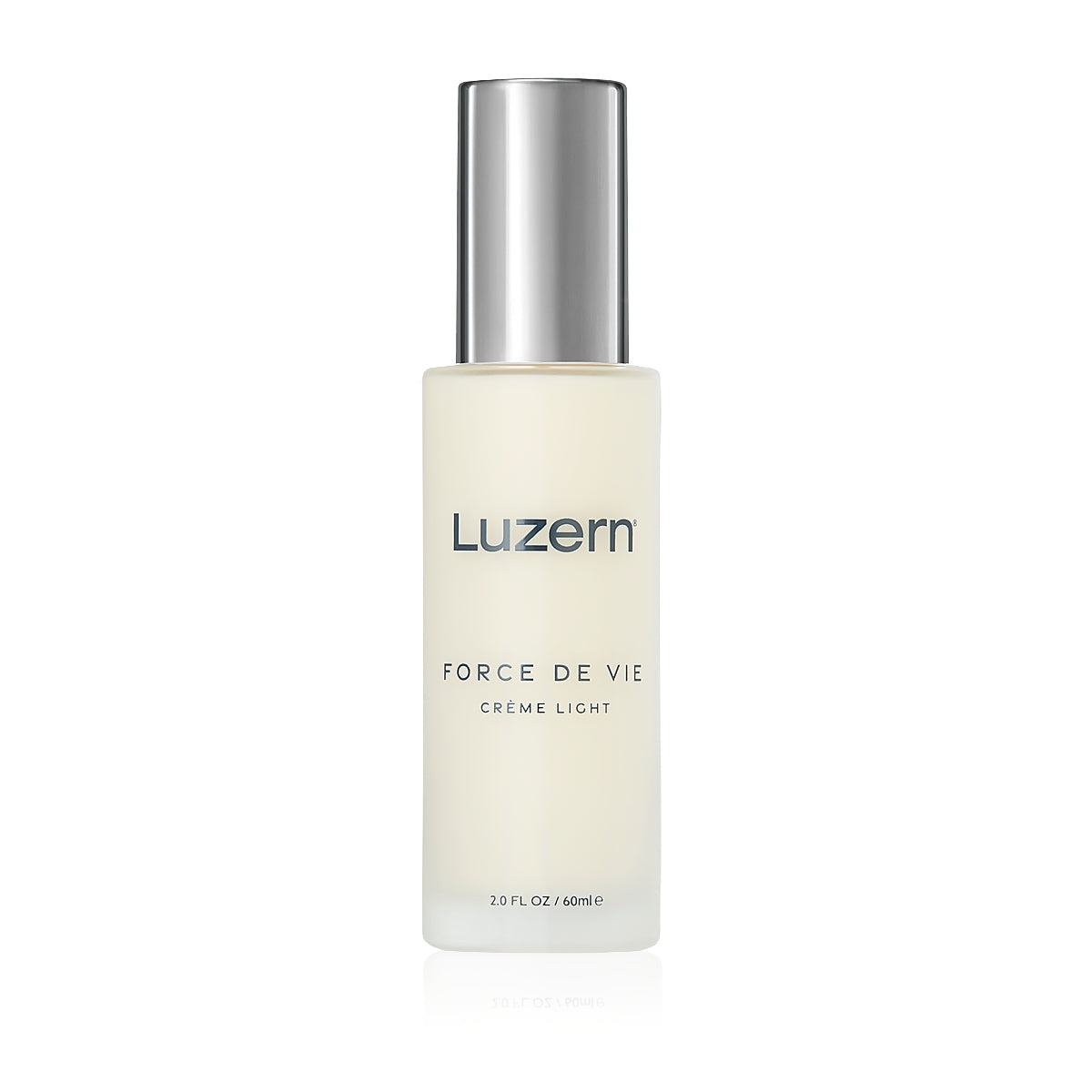
I never run out of good things to say about Luzern Labs. I use most of the line on a daily basis, and my skin has never been healthier. I know the price is a bit steep for this cream, but it's the perfect lightweight summer version of the brand's Force de Vie Crème Luxe ($235). It's designed for anyone who leans oily (especially during the summer) and features the brand's proprietary multi-fermentation complex, a fast-penetrating mix of oxygen, CoQ10, hyaluronic acid, prebiotics, and peptides. I'm not exaggerating when I tell you the glow it provides is pretty much instant.
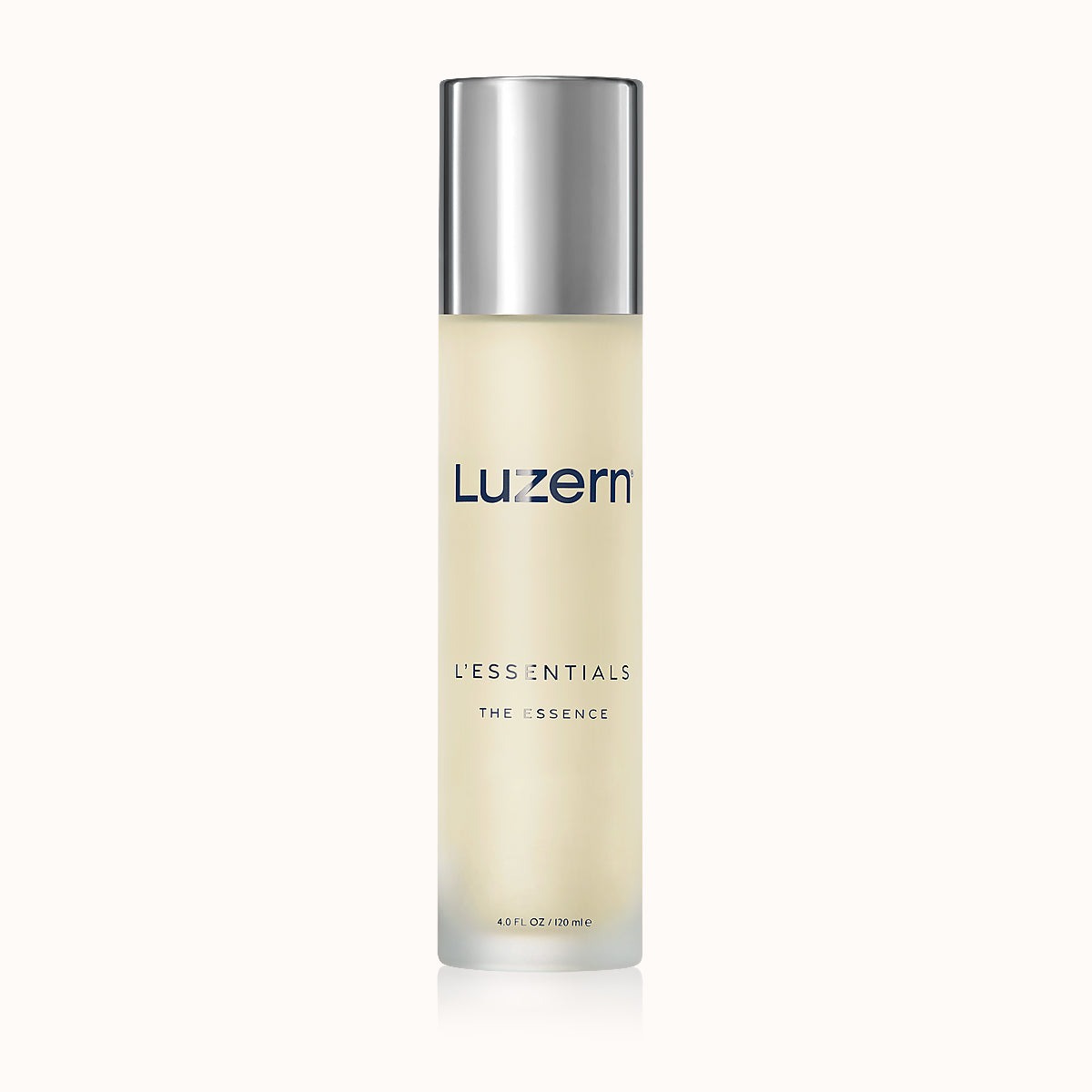
Another lightweight summer essential? This hydrating essence from the brand. It's a must-have for me during any season but is especially great for summer, as it provides lightweight, water-based hydration without leaning too heavy. It's another product I simply can't be without.
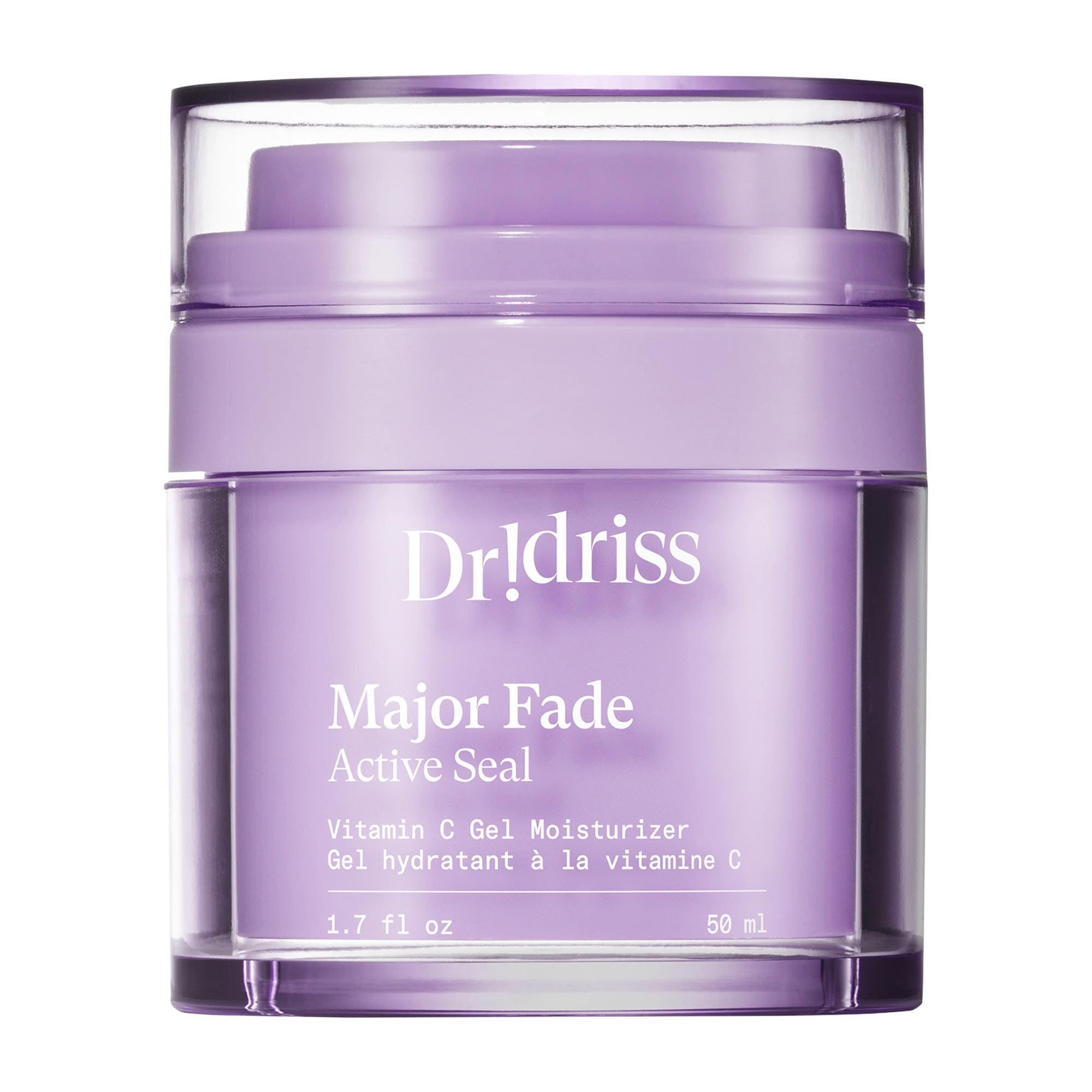
This oil-free moisturizer from Dr. Idriss is so good. I tried this after it received a glowing review from Who What Wear Beauty Director Erin Jahns, and it did not disappoint. It's another great lightweight summer product that packs a punch in the hydration department but never feels heavy or oily. It's also great for skin of color because it helps fade hyperpigmentation.
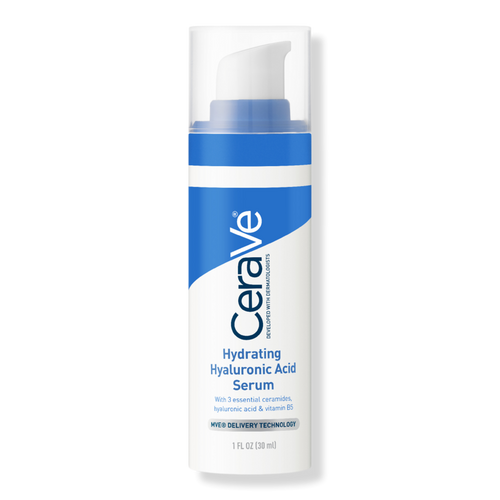
This is one of CeraVe's biggest hydration heroes. It's lighweight enough for anyone dealing with oiliness but also works well for dry skin, as it contains high doses of hyaluronic acid, ceramides, and vitamin B5.
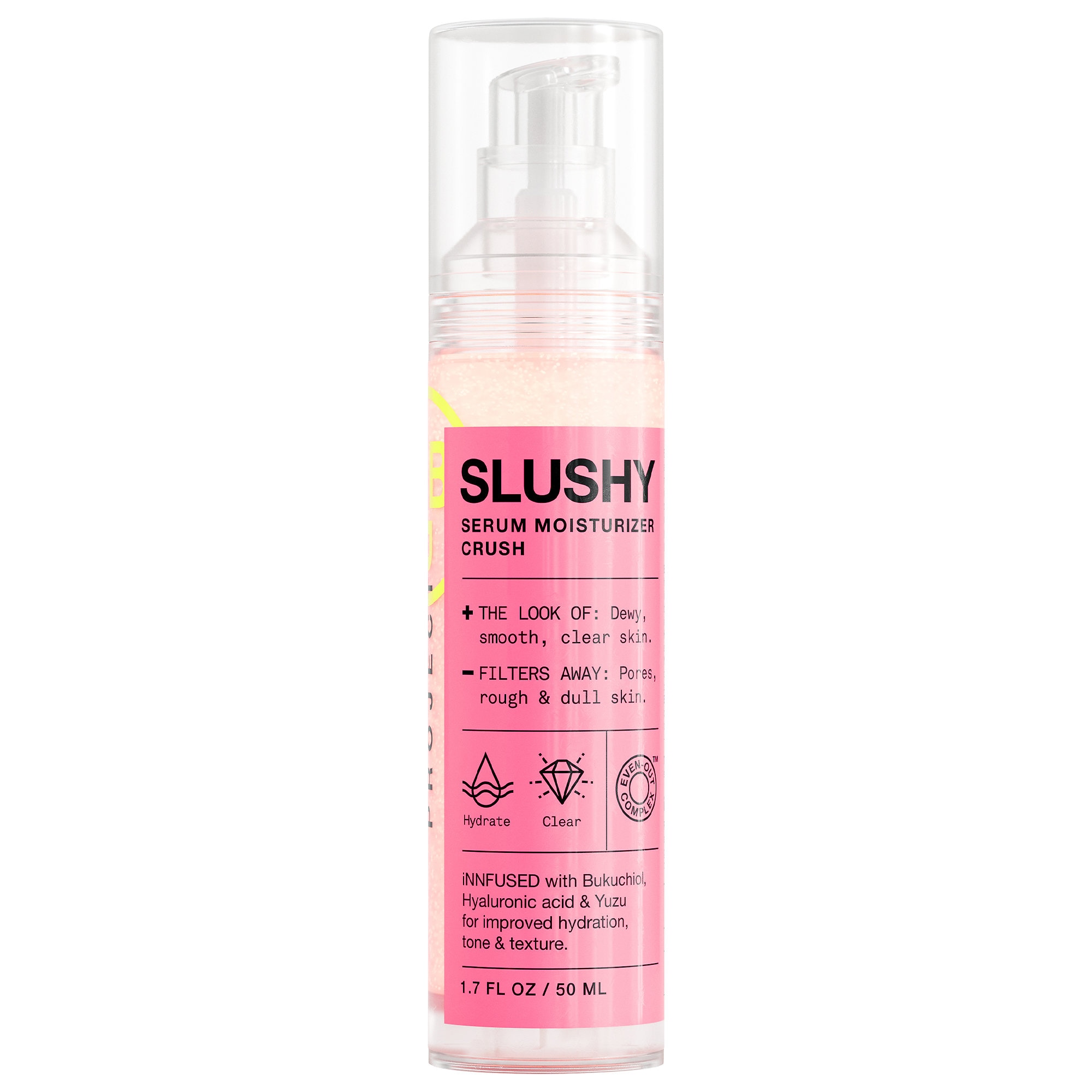
Brighten and protect your skin during the warmer months with a serum and moisturizer in one. This InnBeauty Project serum is infused with bakuchiol and hyaluronic acid to plump the skin and improve the appearance of pores, fine lines, and texture.
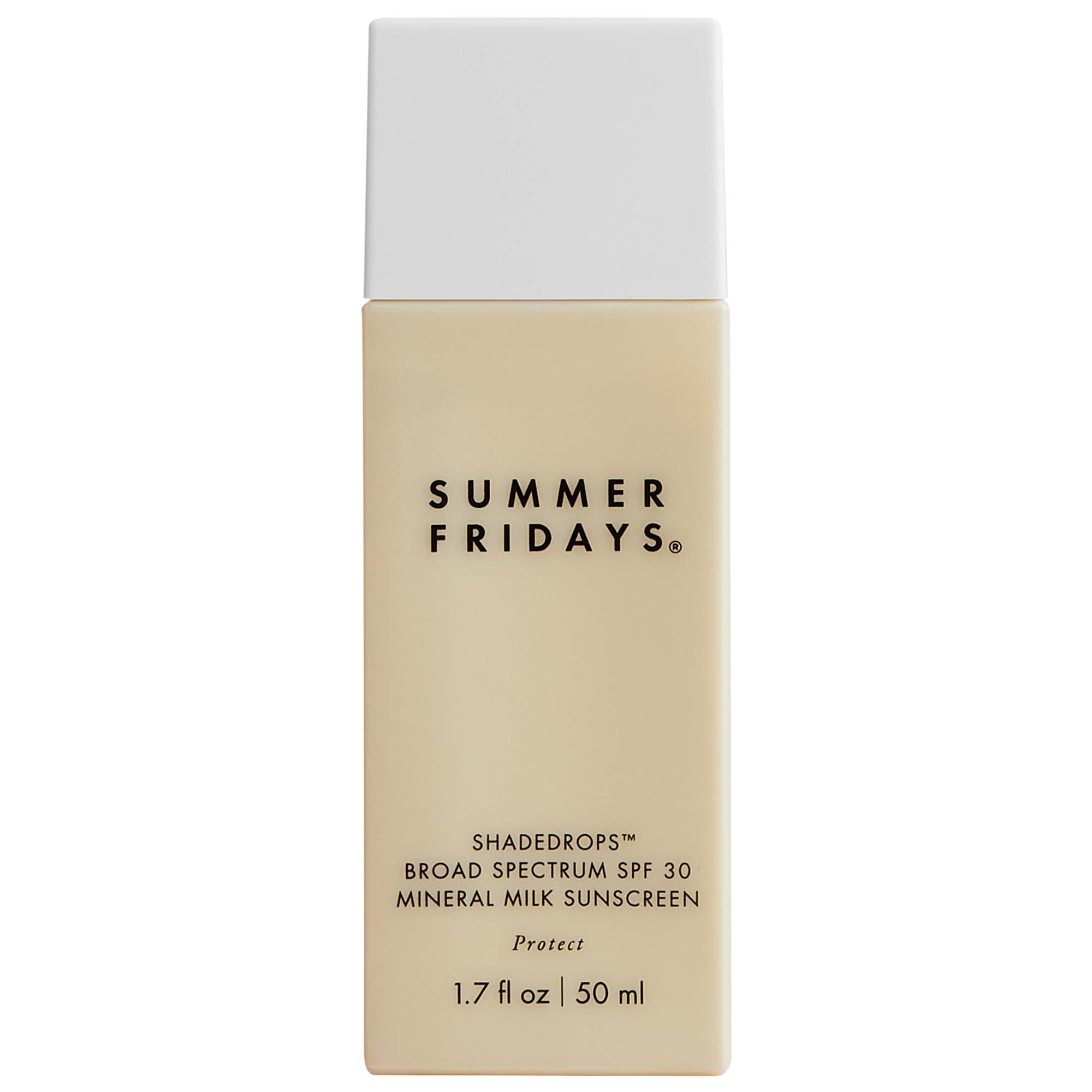
I've used this sunscreen from Summer Fridays as both an SPF and moisturizer. It contains squalane and other hydrating ingredients that make it a great option if your skin can handle skipping a step.
Shawna Hudson is a beauty, wellness, lifestyle, and travel writer with over 10 years of experience. She graduated from California State University, Fullerton, with a degree in journalism and has written for other publications such as Bustle, The Zoe Report, Byrdie, Elite Daily, and more. She is currently a beauty writer at Who What Wear and hopes to continue feeding her (completely out-of-control) beauty obsession as long as she can. Stay up to date on her latest finds on Instagram @shawnasimonee.
-
 I Polled Our Editor Slack Channel—10 French Beauty Products We’d Buy From Ulta’s Spring Sale
I Polled Our Editor Slack Channel—10 French Beauty Products We’d Buy From Ulta’s Spring SaleBy Alyssa Brascia
-
 5 Underrated Pillars of Youthful and Glowing Skin, According to Zendaya's Facialist
5 Underrated Pillars of Youthful and Glowing Skin, According to Zendaya's FacialistI'm taking so many notes.
By Shawna Hudson
-
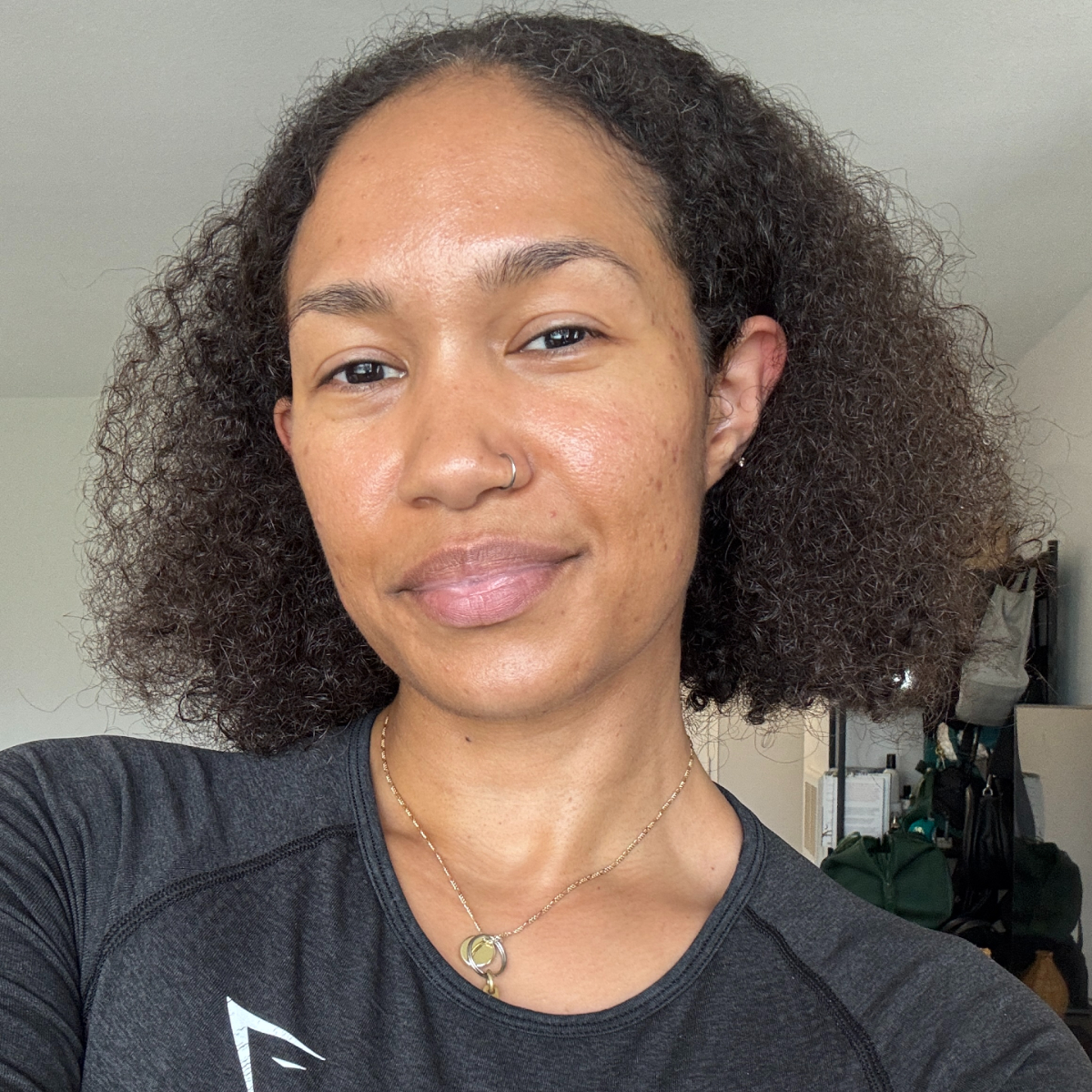 Aestheticians on Instagram Can't Stop Raving About This Acne-Clearing Serum, so I Tried It
Aestheticians on Instagram Can't Stop Raving About This Acne-Clearing Serum, so I Tried ItIt's perfect for sensitive skin.
By Shawna Hudson
-
 I Just Visited the Rainforest—These Were the Beauty Products That Proved Essential
I Just Visited the Rainforest—These Were the Beauty Products That Proved EssentialTravel dryness? I don't know her.
By Shawna Hudson
-
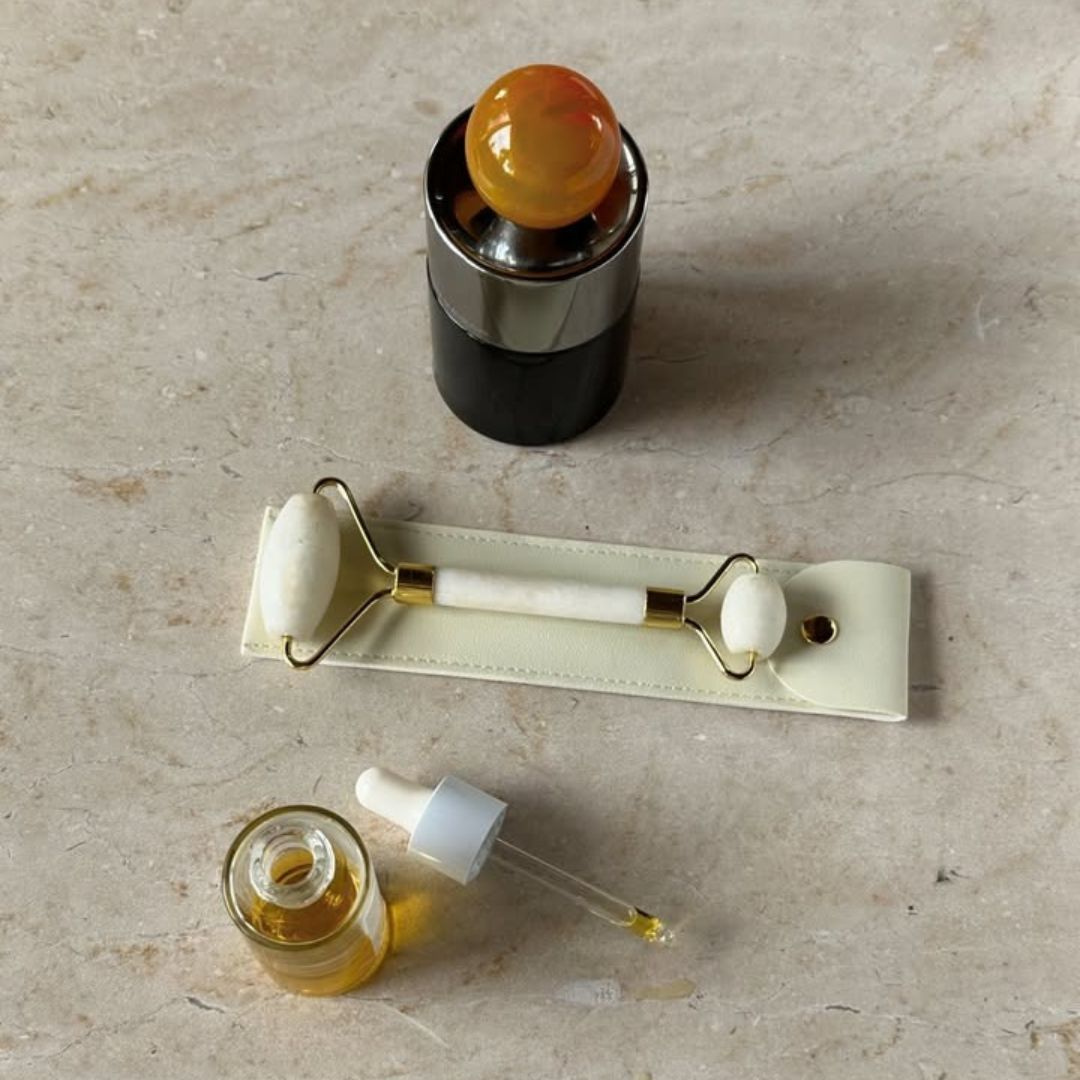 The Numbers Don't Lie—WWW Readers Shop These 11 Products the Most, and They're on Sale RN
The Numbers Don't Lie—WWW Readers Shop These 11 Products the Most, and They're on Sale RNSaving on your faves is basically a profit… It's girl math.
By Alyssa Brascia
-
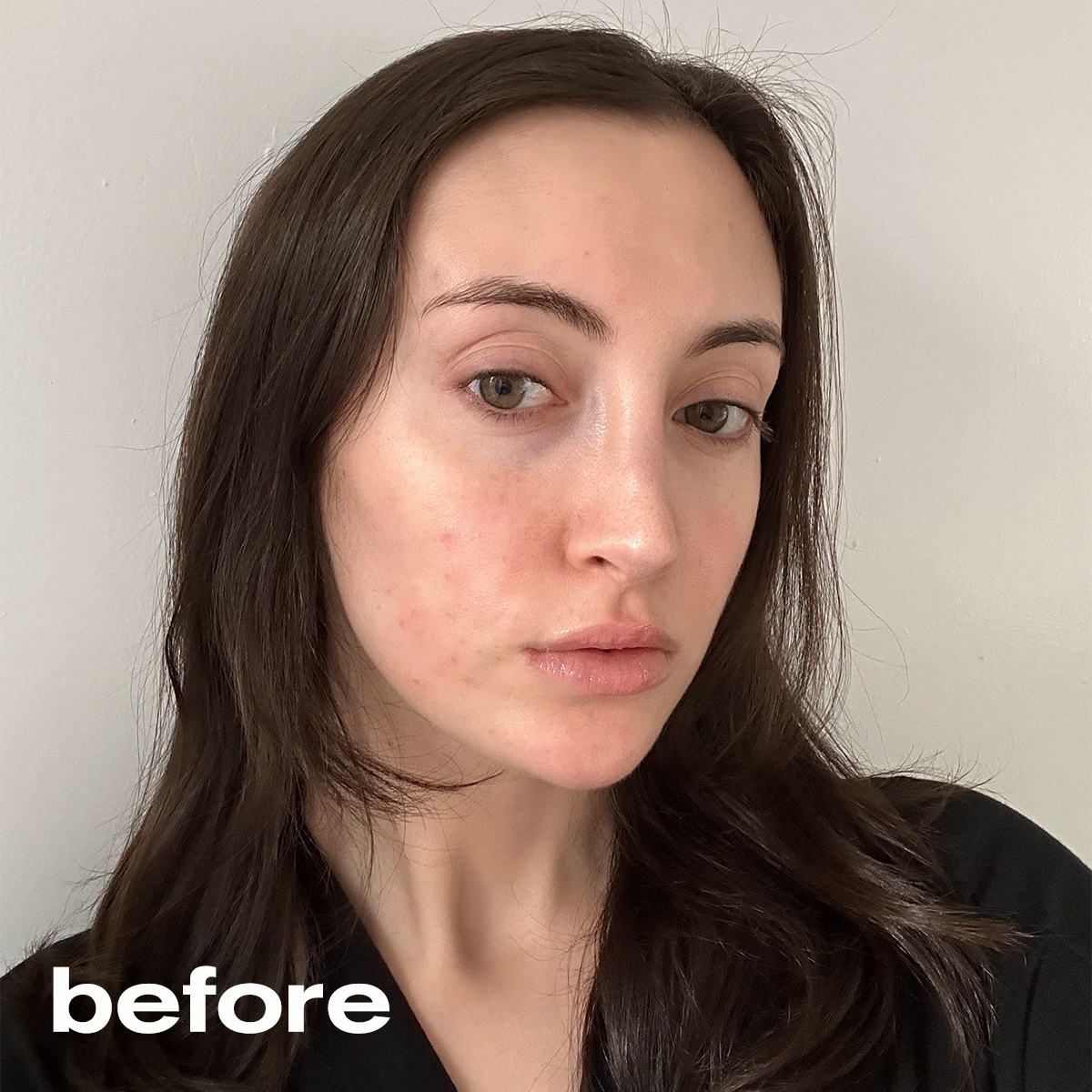 Chic Londoners Love This Ultra-Light Moisturizer, and No Lie, It Saved My Angry Winter Skin
Chic Londoners Love This Ultra-Light Moisturizer, and No Lie, It Saved My Angry Winter SkinIts key ingredient changed everything.
By Alyssa Brascia
-
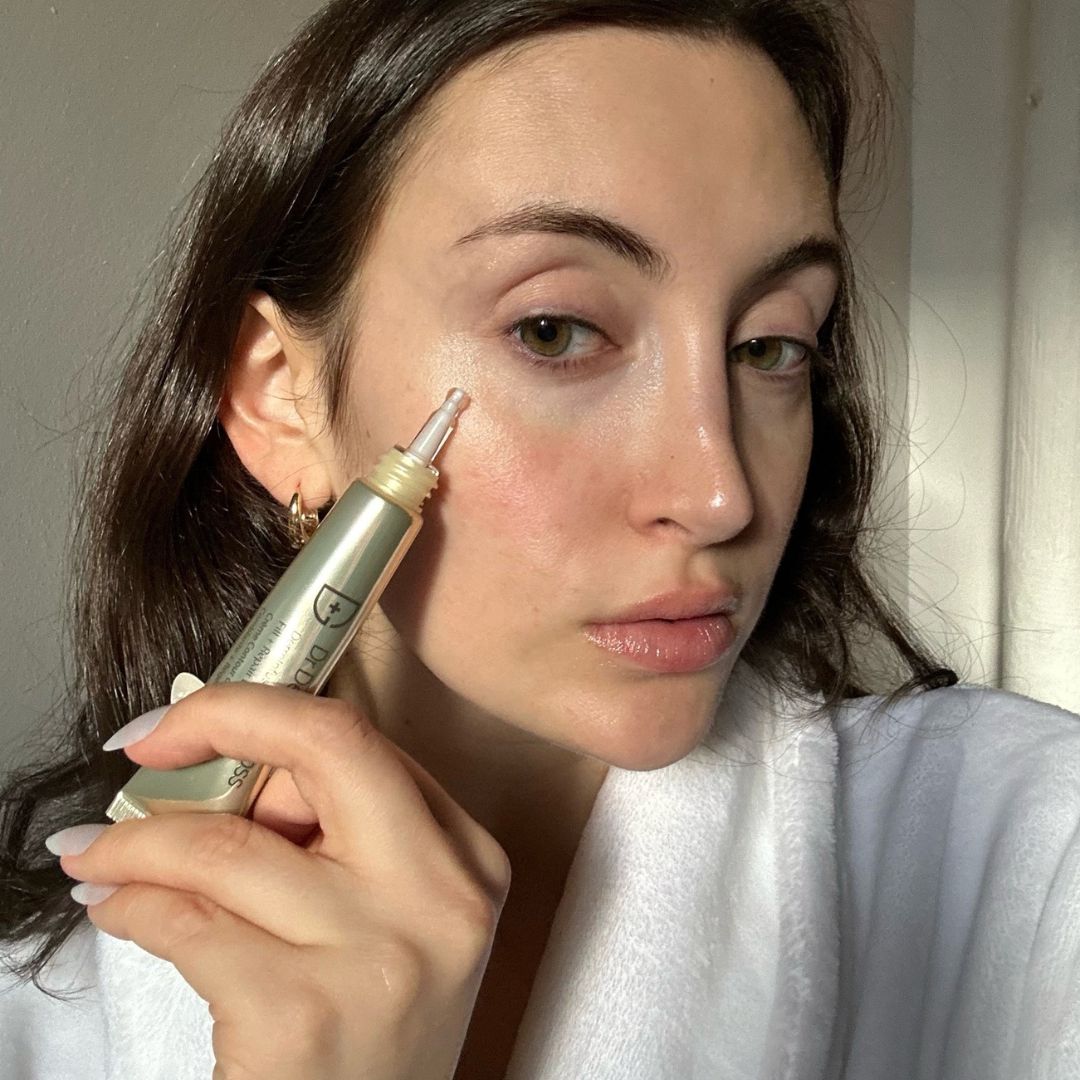 Cancel Your Filler Appointment—This Derm-Developed Eye Cream Is Your Needle-Free Alternative
Cancel Your Filler Appointment—This Derm-Developed Eye Cream Is Your Needle-Free AlternativeI can’t believe my eyes (pun intended).
By Alyssa Brascia
-
 I'm an Organic Beauty Founder—These Are the Products I Swear By for Youthful, Glowing Skin
I'm an Organic Beauty Founder—These Are the Products I Swear By for Youthful, Glowing SkinFrom the oil that's reached cult status to the internet's favorite vitamin C serum.
By Shawna Hudson

